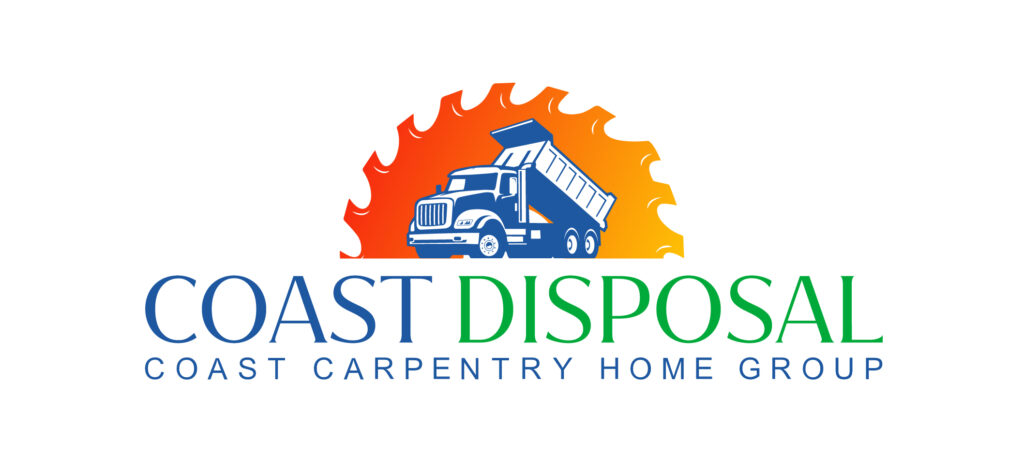Have you ever been startled by unfamiliar sounds coming from your roof? It’s not uncommon for homeowners to hear strange noises from above, especially as the seasons change. These sounds can range from minor creaks to alarming bangs, each potentially indicating different issues. Understanding the causes of these noises can help you determine when it’s just a harmless part of home aging or when it might be time to call in a professional to ensure your home’s safety and comfort.
Imagine relaxing on a quiet Sunday morning when you hear what seems like a critter scampering on your roof or a sudden thud that leaves you scanning the ceiling for damage. These disturbances can be unnerving. By learning more about why they happen, you can take proactive steps to remedy the situation and keep your home cozy and quiet. Let’s explore some of the common reasons behind these perplexing rooftop sounds.
Potential Causes of Roof Noises
1. Settling of the House
As time goes by, houses naturally settle into their foundations, a process marked by a variety of noises. This settling often results in creaks and pops, particularly at night or during changes in humidity and temperature. Think of your house as a pair of well-worn shoes; they may fit just right, but they occasionally make sounds as they settle in with every step. Similarly, the wood and materials in your home expand, contract, and shift with the seasons, causing those mysterious noises you hear.
2. Temperature Changes
Roofs frequently respond to the environment, especially in places like Cape Cod where the weather can shift dramatically. When it’s warm, materials on the roof expand, and as they cool down at night, they contract. This back-and-forth movement can produce a variety of noises. Picture a glass jar lid making a popping sound as it seals—that’s akin to what’s happening on your roof when temperatures fluctuate. While these sounds are usually benign, consistent loud noises might need a closer look to ensure nothing is loose or strained.
3. Wildlife
Living near nature, it’s not unusual for animals to pay a visit. Birds, squirrels, and sometimes raccoons find roofs a convenient spot to explore or even nest. You might hear light scurrying or persistent scratching, suggesting an uninvited guest has taken residence. These noises can be annoying and may hint at potential damage if not addressed promptly. Ensure your roof isn’t turning into a wildlife sanctuary by checking for signs of animal activity and ensuring food is not left around your home, as this can attract critters.
Spotting the cause behind the noises can often calm concerns. However, recognizing when these could signal a deeper problem is key to maintaining a safe and sound home.
When to Worry About Roof Noises
While some noises might be harmless, others are early signs of a problem. Knowing what to listen for can help you act quickly when needed. Loud bangs or persistent cracking noises shouldn’t be ignored. These sounds might indicate a serious issue, such as structural damage. If your roof suddenly starts making these noises, it’s wise to consider a more detailed inspection to rule out potential dangers.
Certain sounds can also suggest specific structural problems. Creaking, for instance, might indicate that rafters, trusses, or other structural components are under stress. When these noises become frequent or seem to increase in intensity, it’s time to consult an expert. An unnoticed structural issue could lead to expensive repairs or, worst-case scenario, a complete roof replacement. Keeping track of these sounds can be incredibly helpful, offering the professionals a timeline to better understand the underlying causes.
Steps to Take When You Hear Roof Noises
When you notice noises from your roof, staying calm and methodical about your approach is key. Here are some steps to guide you:
– Inspect the Roof: Conduct a simple inspection. Check for visible signs of damage like missing shingles, warped areas, or sagging spots. Always prioritize safety, using binoculars from the ground or hiring a professional if the roof looks unsafe to approach.
– Call a Professional: If you’re unsure about what you’re hearing, it’s best to contact a professional in Cape Cod for a thorough evaluation. They can provide insights and solutions that you might miss.
– Documenting Noises: Keep a log of when you hear these sounds. Note the time, frequency, and conditions (like rain or wind). Sharing this with an expert can help them diagnose issues more accurately.
Preventive Measures to Avoid Future Roof Noises
Proactively maintaining your roof can ward off many of these disturbing noises:
– Regular Maintenance: Schedule routine inspections to catch issues early. This might include checking and cleaning gutters, replacing old roofing materials, and ensuring all elements are in good condition.
– Wildlife Prevention: Trim overhanging trees and install simple deterrents to keep animals from accessing your roof. This reduces the likelihood of disturbances caused by unwanted visitors.
– Weatherproofing: Reinforce your roof against the effects of the elements. This might involve sealing gaps or weak points and considering more durable materials if your roof structure permits.
Stay Calm and Address the Issue Promptly
Hearing strange sounds from your roof can be unsettling, but approaching the situation calmly and logically will make a big difference. By understanding the causes and potential implications, you can avoid unnecessary anxiety. Taking early action will not only help maintain your peace of mind but also preserve your home’s integrity and safety for years to come.
If you’re hearing strange noises and suspect your roof may need a second look, don’t wait until it’s too late. Understand what those sounds might be telling you and ensure your home remains secure and comfortable. For professional advice and services related to roof replacement in Cape Cod, trust Coast Carpentry Construction to provide expert solutions tailored for your needs. Explore more about how we can help keep your roof in top condition today.







